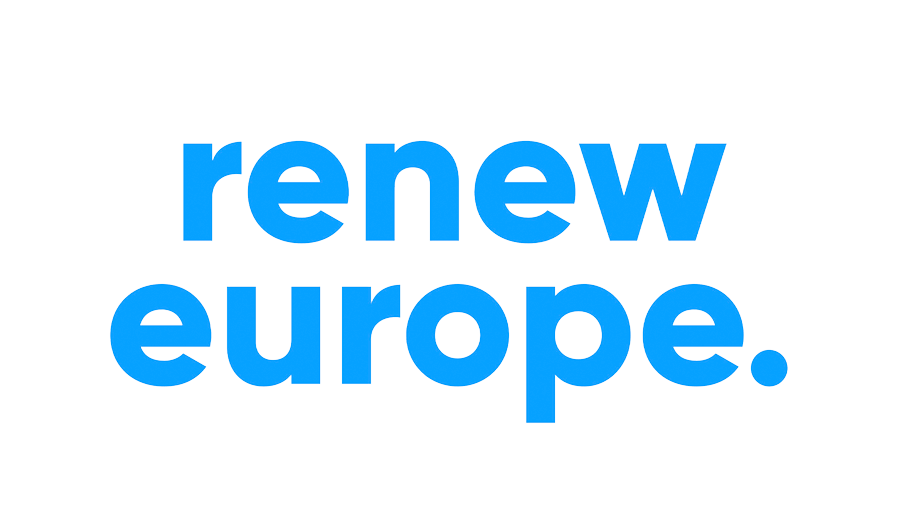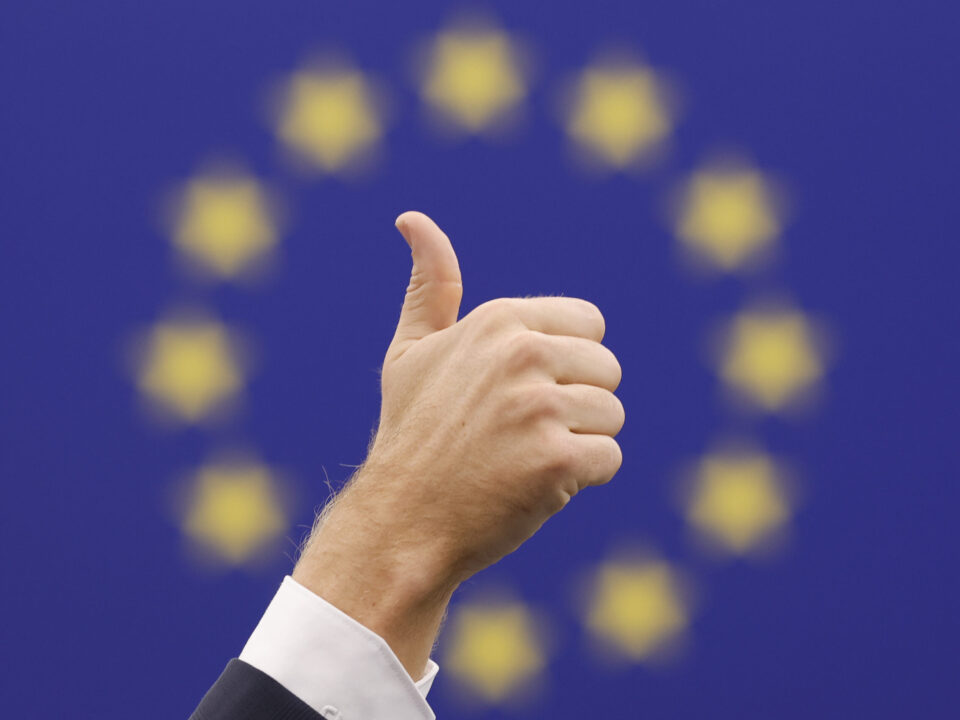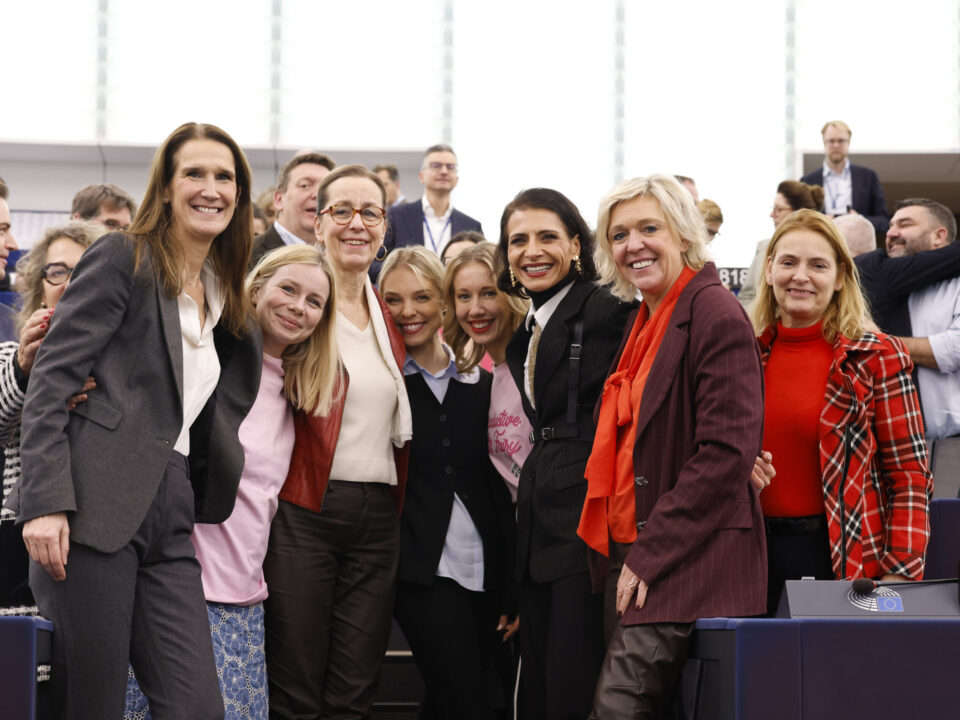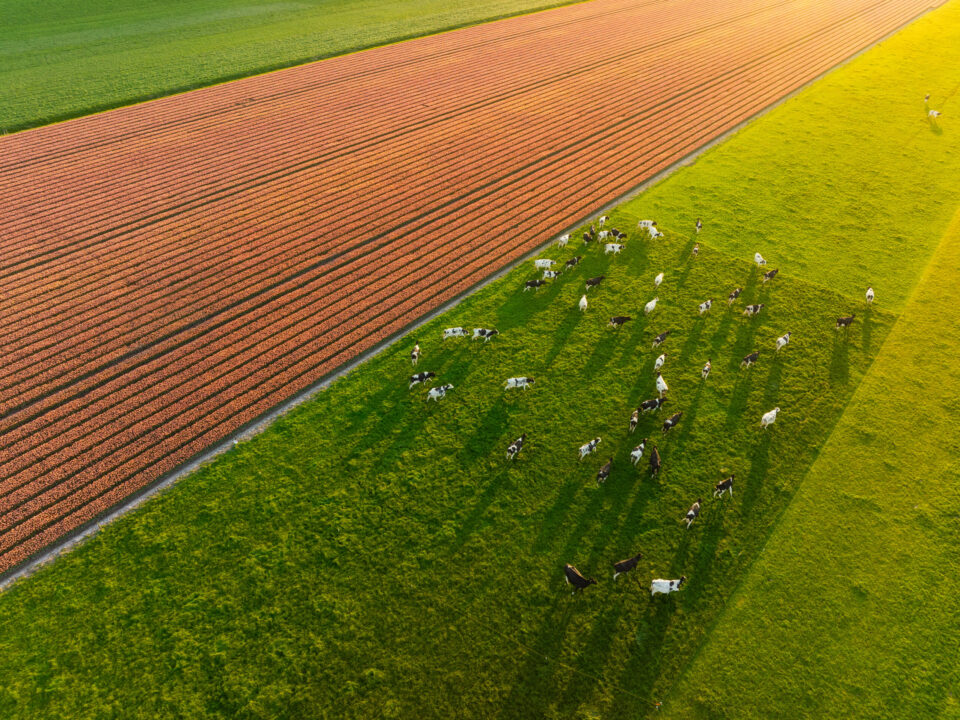Voorstel kritieke grondstoffen
15 maart 2023strijd tegen online kindermisbruik met Ashton Kutcher
21 maart 2023Belgium, (Brussels Morning Newspaper) What has Europe learned from over one year of Russia’s brutal war of aggression in Ukraine? What have we learned about our European project and how do we want it to move forward? For the EU to protect its interests and to preserve European security, it finally needs to become a single, united geopolitical player.
Ukraine must win the peace
Firstly, the EU must do whatever it takes to make sure that Ukraine wins the war and the peace. Because Ukraine is fighting an existential battle for its own survival, but also for our European values. The last month, Ukrainian President Zelensky, NATO Secretary General Jens Stoltenberg and High Representative Josep Borrell all emphasized one thing: give Ukraine munition. We must provide Ukraine with whatever is necessary. Its victory and future, and therefore our European security depend on it.
Until now, however, Europe has only responded just before it is too late. The European Peace Facility that the Member States have used to deliver €3.6 billion worth of weapons and munition to Ukraine’s forces, is again depleted. Once more, the brave Ukrainian soldiers desperately had to wait for a meeting of EU defence ministers, and then for the European Council to refill the Peace Facility on the 24th of March. The soldiers defending their country in Bakhmut have no such time.
A common European defence for European security
That is why secondly, instead of short-term fixes, the EU needs long-term solutions for a common European defence. Not just for Ukraine’s security, but also for our European security. Just as we jointly purchased vaccines during the pandemic, Europe now finally needs to jointly buy weapons, as liberal Prime Minister Kaja Kallas recently proposed. Only then can the EU effectively coordinate and deliver what Ukraine urgently needs?
While we are providing Ukraine with much-needed weapons and munition, our own stocks are running out. While the Member States spend four times as much on defence as Russia does, they spend it on a multitude of different systems, 27 times. We cannot allow this fragmentation. Thus to enhance our European security for the future, we must ramp up our defence production and strengthen our defence sector. And yes, ministers and the European Commission will propose measures to support the industry. But instead of plans that have been discussed for years, we now need implementation.
And these steps should lead to a real European army, including intelligence and boots on the ground. If not with the war on our European continent, across our border, when will it ever be the right time? Our Member States and our political leaders need to gather the political courage to start implementing one European army.
One common response
A third lesson is that for the security and interests of our European citizens, we cannot allow Europe to be a geopolitical playing field, and to let our dependencies be used against us. In the era of great powers, with Russia’s brutal invasion and intimidation tactics and China’s pro-Russian ‘peace proposal’ for the war, we must instead play our own role as a great power.
That requires unity. We must remain united in our response to Russia’s brutal invasion of Ukraine but also act as one Union against an assertive China. This is precisely what the European Parliament called for, as it adopted my report on the EU-China strategy. Yes, we should try to address global challenges with China on climate change and global health. But we must always stand up for our values and condemn China’s systemic violations of human rights. And we can only do so when we act united.
Because make no mistake: China is a systemic rival that poses a challenge to our European way of life and our liberal world order. We should therefore not be blind to China’s increasingly assertive policies, and the Communist Party’s political agenda. China will use our weaknesses against us, as it did when it coerced European companies that had cut supply chains with Xinjiang, following concerns about forced labour in the region.
Europe has been naive for too long. Our dependency on fossil fuels made us vulnerable to blackmail from Russia’s dictatorial regime. Let us not make the same mistake with China. Even more so than Russia, Europe dangerously depends on China for critical raw materials that are essential for our green and digital ambitions. Almost all products that will be essential to our economy in the near future use these materials: from electric cars, solar panels, and chips, to mobile phones. For 98% of our rare piles of earth supply and 93% of our magnesium supply, we rely on China.
If strategic autonomy is to be more than just a theoretical concept, we have to rapidly reduce our dependencies and start working on the European Commission’s proposal for a “Critical Raw Materials Act”. To protect our values in a world of great powers, this autonomy needs to be paired with one single voice on the international stage, with real military power.
Finally, Ukraine is fighting for our European values. We owe it to them to support them as much as we can. To do so effectively, we need to build a stronger Europe, a more united Europe, and a geopolitical Europe.



